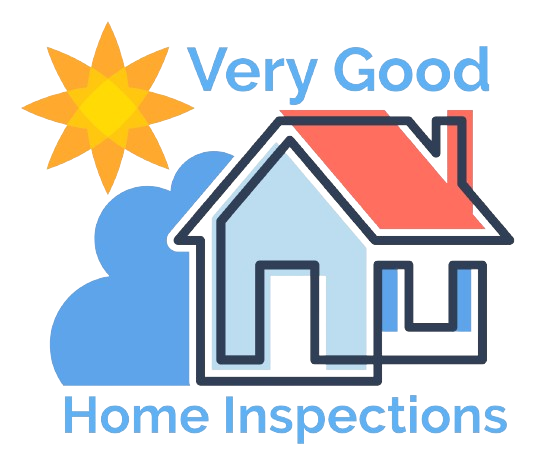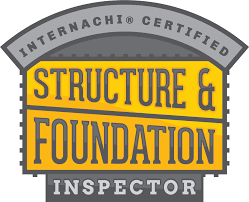Why New Construction Homes Need a Professional Inspection – Even If They’re Brand New
There’s a common myth that newly built homes are perfect and problem-free. After all, everything is new—new foundation, new roof, new plumbing, new electrical systems. What could possibly go wrong?
A lot, actually.
In reality, new construction homes can harbor hidden issues that may not surface until it’s too late. That’s why a professional, third-party inspection is not just a good idea—it’s absolutely essential.
Here’s what you need to know about the major issues with new construction and why you should never skip the inspection process, no matter how pristine the home may look on the surface.
1. Construction Defects Are Shockingly Common
Even the most reputable builders can make mistakes. In fact, the pressure to meet deadlines and stay within budget often leads to rushed work or overlooked details. Common construction defects include:
-
Improperly installed HVAC systems
-
Leaky windows and doors
-
Foundation cracks or settling
-
Poor insulation and energy inefficiency
-
Inadequate drainage or grading
-
Faulty electrical wiring
These aren’t just minor inconveniences—they can lead to expensive repairs down the road or even become serious safety hazards.
2. Multiple Contractors, Varying Skill Levels
During a home build, dozens of subcontractors work on different components of the house. From plumbing and electrical to drywall and roofing, every element is handled by a different crew.
Unfortunately, not all contractors are equally skilled or detail-oriented. Without oversight, errors and shortcuts can easily slip through the cracks. A builder’s final walkthrough won’t catch everything, and municipal code inspections often only cover minimum requirements—not quality.
3. Municipal Inspections Aren’t Enough
Many buyers assume that local code inspections are enough to guarantee the quality of a new home. But here’s the truth: municipal inspectors are not performing comprehensive, room-by-room evaluations. They’re checking to make sure the home meets basic building codes—not that it’s built with excellence or precision.
A licensed, independent home inspector works for YOU—not the builder—and will perform a detailed, top-to-bottom inspection with your interests in mind.
4. Cosmetic Cover-Ups Can Hide Deeper Issues
New construction homes often look immaculate—fresh paint, shiny fixtures, flawless floors. But a beautiful finish can easily mask deeper structural or mechanical problems.
An experienced home inspector knows what to look for beneath the surface. They can identify subtle signs of poor workmanship that would otherwise go unnoticed.
5. Pre-Drywall Inspections Catch Problems Early
One of the most powerful steps in inspecting new construction is a pre-drywall inspection. This is done before the walls are closed up, allowing the inspector to see the home’s inner workings—framing, electrical, plumbing, and HVAC.
Catching problems at this stage is far easier (and cheaper) than discovering them after the home is complete.
6. Warranties Don’t Cover Everything
Most new homes come with a builder’s warranty. While this may offer peace of mind, not all issues are covered, and filing warranty claims can be a drawn-out, frustrating process.
An independent inspection gives you a clear picture of the home’s condition before you take ownership, empowering you to request repairs before closing—when the builder is more likely to respond quickly.
Conclusion: Protect Your Investment With a Professional Inspection
Buying a new construction home is exciting, but don’t let the thrill cloud your judgment. A new home doesn’t mean a perfect home.
By investing in a professional home inspection, you:
✅ Protect your investment
✅ Avoid costly surprises
✅ Gain peace of mind
✅ Hold your builder accountable
At the end of the day, a home is likely the biggest purchase you’ll ever make. Don’t gamble on a gut feeling or a builder’s promise. Get a certified home inspection and move in with confidence. Best Inspection Company in Atlanta #1

